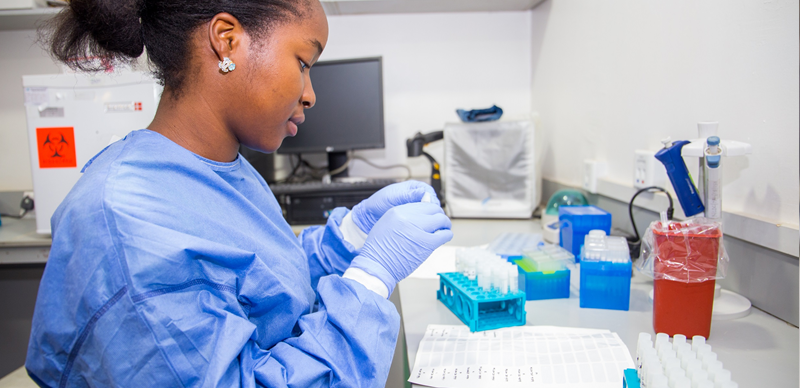
Experts have asked medical laboratory practitioners to always think about quality assurance in their practice and ensure that the results released to patients are devoid of any form of error.
According to them, laboratory errors are dangerous and can lead to the death of patients.
The experts noted that achieving 99 per cent level of quality assurance meant accepting one per cent error rate, a situation they said was totally unacceptable in the medical laboratory practice.
The experts spoke at the sixth edition of the ISN Quality Assurance Summit held in Lagos with the theme, “Demystifying ISO 15189,” while urging medical laboratory practitioners not to be in a hurry to release results to patients to avoid mistakes.
Speaking on the theme, the Director- General of Nigeria National Accreditation System, Mr. Celestine Okanya, said laboratory staff must think twice before releasing results to patients, warning that a mistake in each laboratory cycle from patient to post- examination was too much a mistake that must not be allowed to happen.
Okanya, who noted that the ISO 15189 was the requirement for quality and competence for medical laboratories, stressed that the laboratory cycle must ensure quality at all times.
He explained, “In medical laboratory practice, 99 per cent quality is not enough, one per cent error can take a life.
“It puts the life of the patient at risk. In laboratory services, one percent error is dangerous. You must have the culture of going the extra mile in medical laboratory practice.
“The practitioners of a medical laboratory must understand the value of assuring that every result that leaves the lab is saying exactly what it should say.”
On how to avoid laboratory errors, Okanya, who was the keynote speaker, recommended that the practitioners should ensure robust internal quality control.
“Robust Internal quality control refers to the set of procedures undertaken by laboratory staff for the continuous and immediate monitoring of laboratory work in order to decide whether results are reliable enough to be released,” he added.
The Chairman of the ISN Group, Mr Ben Ofungwu, in his welcome address, said, “We must continue with these small steps until victory is achieved and Nigerian medical diagnostic laboratories will be accepted in the comity of nations as reliable, impeccable and of utmost significance in the diagnosis of diseases.
“Assurance is of great importance to all and that we must continue to work towards ensuring the highest standards of quality assurance in our laboratories.
“We are all aware of all the issues of quality control in our laboratories, the fact that results from different laboratories on the same specimen would show very divergent results.
“In some cases, those who can afford it submit specimens to two or more laboratories to be sure of the diagnostic results that they can work with.”
Ofungwu further said, “It has continued to be quite embarrassing when laboratory results from some laboratories in Nigeria are viewed with scepticisms outside the country and we all know that in some cases such scepticisms are justified. This is what this continuous awareness in quality control is hoping to address.
“We are aiming at Nigerian laboratories joining the recognised status of all reputable laboratories all over the world.
“We hope to have many laboratories in Nigeria join this elite list of diagnostic laboratories that have attained this status and we wish to show to all how we can attain this.”
In his presentation, Director & Deputy Registrar, Medical Laboratory Science Council of Nigeria, Dr. Donald Ofili, said the Federal government was working out policy to ensure that all laboratories in the country were accredited by 2025.
Ofili, however, said the registration of a laboratory was compulsory even before the owner commences operation.
“All laboratories must be registered so that they will enter our database for proper monitoring and inspections.
“Accreditation in Nigeria as we speak is voluntary. But very soon, accreditation will be mandatory because the government is working out a policy that says all laboratories must be accredited by 2025,” he noted.




